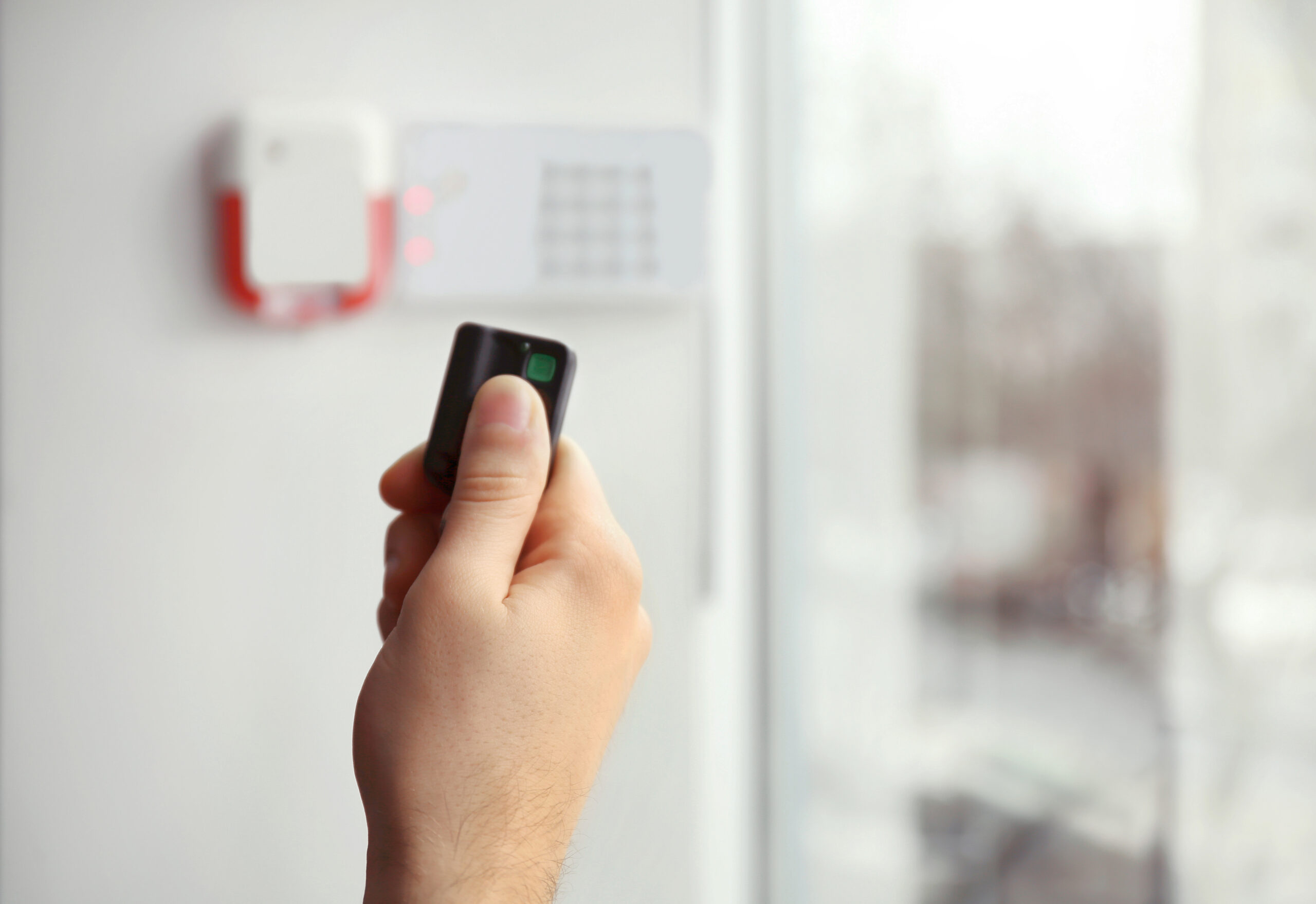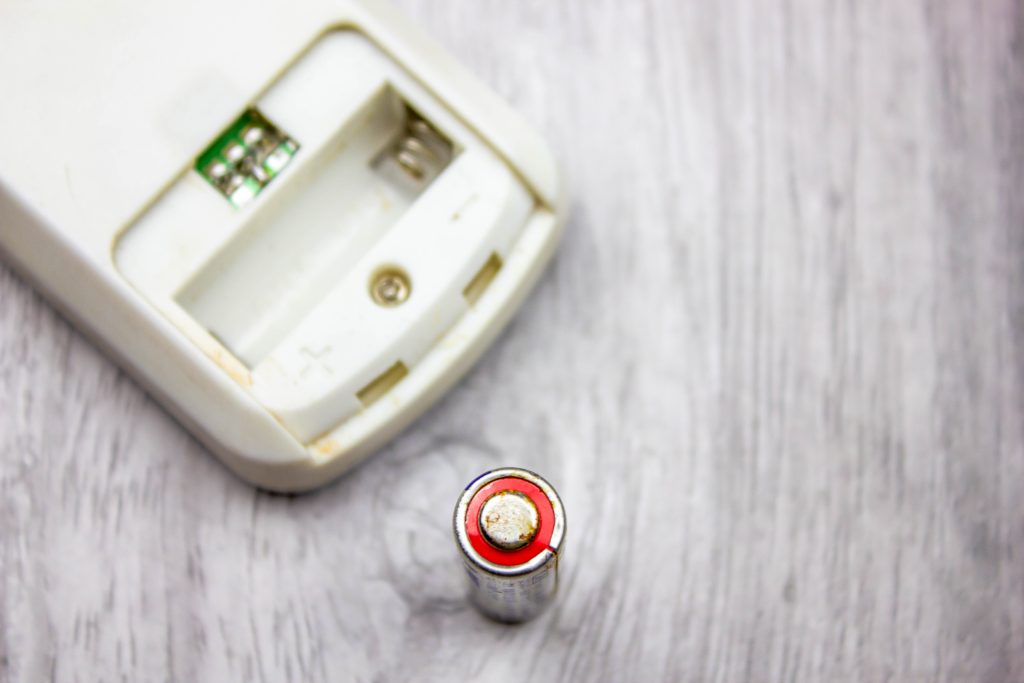Top Tips for Long-Lasting Alarm Battery Life

When it comes to home security, many homeowners rely on alarm systems to keep their families safe. Whether it’s smoke alarms or burglar alarms, these important devices run on batteries. It’s helpful for people to understand how long alarm batteries typically last and what steps they can take to get the most out of them.
Most experts agree that alarm battery life last between three to five years. With a little care and attention, batteries can power alarms for their full lifespan. By learning more about battery life and maintenance tips, readers can feel confident that their alarm systems will be there when needed. The following information shares some valuable guidance on this topic to help families stay protected.
Key Takeaway
- Alarm baerytteries normally function for three to five years.
- Short battery lives can be avoided with routine checks.
- Various environmental conditions may impact how long a battery powers an alarm.
The Real Story on Battery Life
Did you know that home alarm backup batteries last much longer than you might think? Many people are told backup batteries only work for around 3 or 4 hours. But the actual time is usually between 8 to 24 hours! [1] That hidden extra power can really help families if the electricity goes away for a long time.
If the lights turn off, the security system keeps protecting thanks to the backup battery. This gives families peace of mind knowing their alarm protects the home even when the power’s not working. Instead of coverage stopping after just a few hours like expected, the battery keeps alarms watching for over half a day. That way, homes stay safe until the power comes back on. The backup battery provides more time than most people realize.
How Long Do Alarm Batteries Actually Last?
Alarm systems have different battery needs depending on the component. The main system batteries usually last 3-5 years. Wireless sensors like motion detectors need fresh batteries replaced every 1-2 years. Smoke detectors have come a long way – newer models with lithium batteries may provide power for up to 10 years! [2]
The backup battery is also crucial, as it keeps the alarm going during power outages which usually last around 3-3.5 hours. To make sure the alarm stays active if the power is out for a long time, the backup battery should run for more than the average outage length. Checking batteries regularly helps ensure they’ll work when needed.
It’s a good idea for homeowners to change batteries before they expire to prevent alarms from stopping. Watching the batteries’ charge level allows replacement at the right time. Manuals provide specifics on battery life for each alarm component in the home. Knowing how long batteries last aids safety by allowing for timely replacements.
Warning Signs You Can’t Ignore
It’s important for homeowners to recognize the signs that alarm batteries are running low. Common indicators include beeping from the alarm system or flashing lights on the control panel.
Some advanced models will display low battery warnings as well. If constant beeping occurs, check the batteries right away. Ignoring the alerts could cause the security system to stop working when needed most. Making battery checks part of a regular routine helps catch these warning signs before they escalate.
Those low battery notifications should not be taken lightly. Although the beeping sound may be bothersome, it means the batteries need attention. Homeowners shouldn’t wait too long once the alarm gives notice. Performing a quick scan of batteries each month ensures any potential problems are resolved promptly.
This small monthly task helps ensure the home security system stays dependable and families remain protected. Addressing battery life concerns as they come up allows for continuous peace of mind.
Replacement Frequency
Most experts say alarm batteries should be changed every 3 to 5 years. But it’s also smart to check them each year. The yearly check helps make sure the batteries keep working right and you don’t get surprises later. Paying attention to what your user manual says is wise too, since system needs can be different. By staying on top of routine battery care, you’ll feel okay knowing your alarm will alert you when you need it.
Writing dates to replace batteries on a calendar helps not forget. Jotting them down saves time and frustration later. If a battery starts acting funny, like beeping more, it’s best to change it quick instead of waiting. Waiting could cause glitches in your alarm when you least expect it. Keeping batteries in tip-top shape makes your security system super reliable.
Battery Types
Alarm systems use different battery types. Lithium-ion batteries are common now because they last longer and are more efficient. Smoke detectors usually come with alkaline batteries that typically function for around 5 years. There are also sealed lithium options capable of powering an alarm for up to 10 years. It’s important to know which type each system requires for proper battery replacement scheduling.
Following the recommendations in the user manual is crucial, as it makes sure the alarm performs as intended. Some allow rechargeable batteries, but users must always confirm compatibility first to avoid issues. Being aware of battery options aids in choosing what will best serve home security needs. Understanding product details helps families rely on their alarm system to look out for them whenever needed.
Environmental Impact
Battery life is also affected by the area around the alarm system. Really hot or cold conditions, dampness or bad weather could cause problems more quickly. Batteries don’t last as long in very warm or cold spots.
To help batteries work right for longer, pick a good place to set up the alarm. Keeping it clean and dry helps batteries go the distance. Look for a spot with steady, not extreme temperatures too. Batteries tend to do better that way.
Cleaning the alarm system regular is another bonus. Dust and gunk building up over time can cause glitches. By sweeping the area now and then, the alarm will hum along smoothly. Small things like location and cleaning give you more time from batteries. These steps help protect homes relying on those batteries.
Backup Battery Lifespan
Backup batteries are important for keeping alarms working if the power goes out. They usually last around 3 to 5 years like regular batteries. Checking backup batteries regularly helps make sure they’re charged in case of emergencies. By checking on them each month, homeowners can feel okay knowing the alarm protects during surprise blackouts.
Doing a fast monthly backup battery test lets you catch small problems before they’re big problems. This little monthly check feels good knowing all is good. If the backup battery seems like it’s not charging right, changing it right away is smarter. Keeping the backup power at its best means alarms protect all through any power loss situations that may arise.
Maintenance Practices
Regular alarm battery maintenance is important. Homeowners should periodically examine batteries for warning signs like beeping or flashing lights. Replacing them according to the user manual helps security systems work dependably. This small effort prevents issues and guarantees alarms function properly when required.
Establishing a routine for battery checks provides benefits. Setting aside a specific period each year for replacements helps homeowners stay on schedule. This eliminates last-minute juggling. Keeping a basic toolkit near the alarm panel simplifies battery swaps. Having all needed tools close by saves time and effort. It ensures alarms will remain vigilant at all times.
DIY Maintenance

Most homeowners can replace alarm batteries on their own by following safety instructions. Doing it independently saves money while keeping the system running smoothly. If anyone feels unsure, a professional can help for extra reassurance.
Gaining knowledge about battery replacement empowers homeowners. Learning the process makes long-term security system care easier to handle without outside assistance. A small amount of training reduces reliance on others.
Proper disposal of old batteries also matters. Many local retailers accept used batteries for recycling. This protects the environment from harmful battery materials. Taking batteries to those drop-off points ensures safe battery disposal.
FAQ
How long does a backup battery last during power outages?
When power outages hit, your alarm system backup battery typically provides 8-24 hours of battery power. This keeps your security system, including motion detectors and security cameras, running even without ac power. Your peace of mind stays intact knowing your home remains protected during blackouts.
Why do my smoke alarms and smoke detectors keep chirping?
That chirping usually means a low battery warning. Smoke detectors and fire alarms are crucial for fire protection, so don’t ignore these alerts. When you hear chirping, it’s time to change the battery. Most smoke alarms work with regular batteries, but some newer models use sealed lithium batteries that last much longer.
What’s the difference between regular and lithium batteries for alarm systems?
Lithium batteries and sealed lithium options offer better battery performance and longer battery life than standard ones. While they cost more upfront, lithium batteries can power your security cameras, control panel, and alarm panel for years. They’re especially good for battery backup in your burglar alarm and access control systems.
How do I know when to replace the battery in my security system?
Your security system shows low battery warnings through your alarm app or control panel. Watch for battery charge alarms, changes in battery levels, or false alarms. Your user manual lists specific signs that your alarm system battery needs replacement. Regular battery replacement keeps your cctv cameras and fire extinguishers’ monitoring systems working properly.
What affects alarm battery capacity and life?
Several factors impact how your alarm batteries perform: power supply quality, battery power usage, and even weather. Your alarm system backup relies on proper battery charge management. Regular maintenance of your alarm systems, including security cameras and motion detectors, helps extend battery life and ensures your alarm monitoring stays reliable.
The Bottom Line
Taking care of your alarm system’s batteries is crucial for your safety. With regular checks and timely replacements, you can feel secure knowing your home security won’t fail during an emergency. Simple maintenance like annual testing and replacing batteries as recommended keeps the system in prime working order. A small amount of effort today guarantees your alarm’s important protections will be ready when needed most.
References
- https://www.nsi.org.uk/question/my-alarm-system-has-a-back-up-power-battery-what-is-the-life-of-the-battery-and-how-will-i-know-it-should-be-replaced-to-keep-my-premises-safe/
- https://www.smartsecurity.guide/burglar-alarm-replacement-battery-guide/